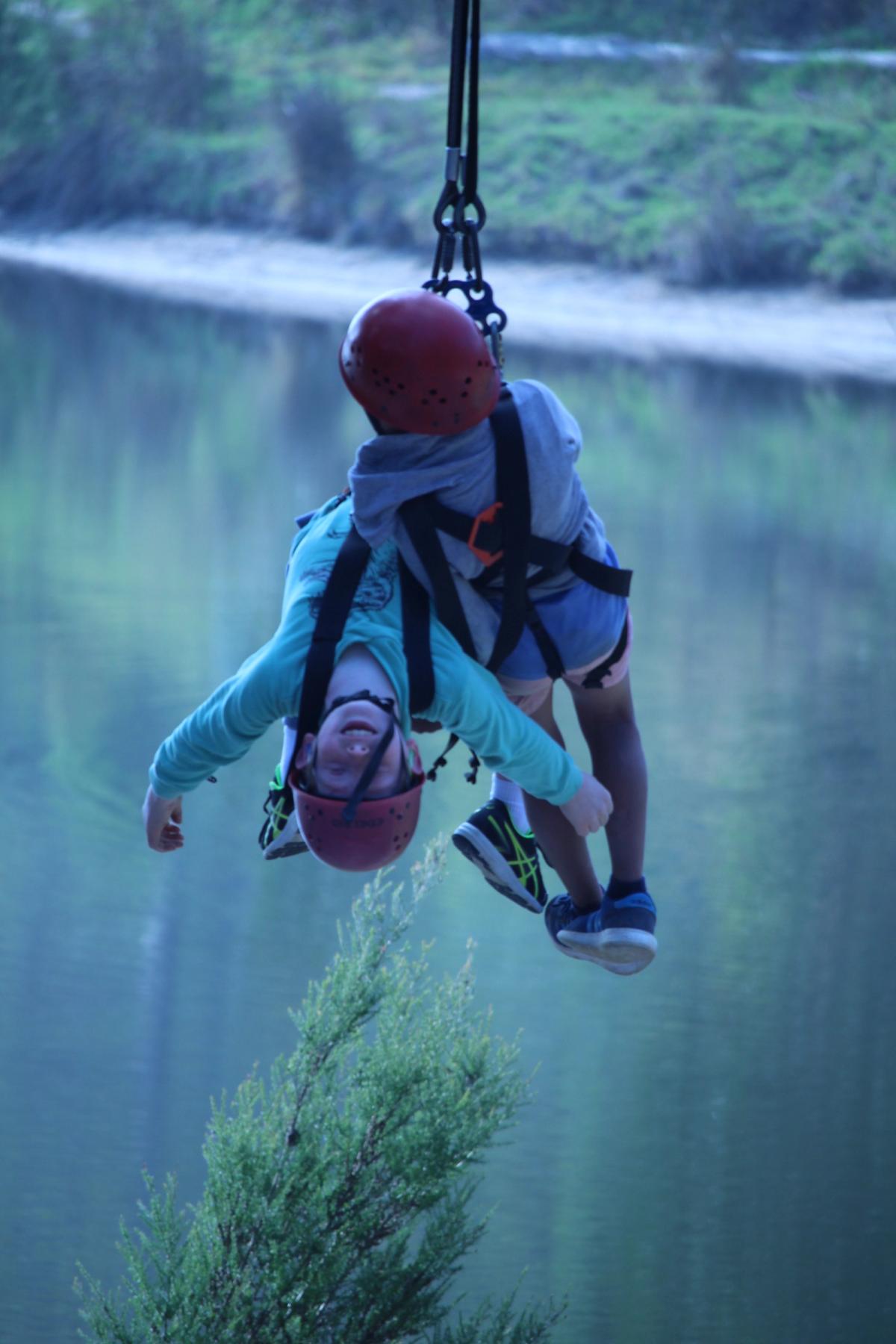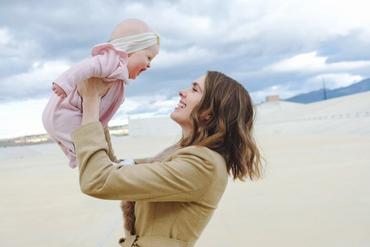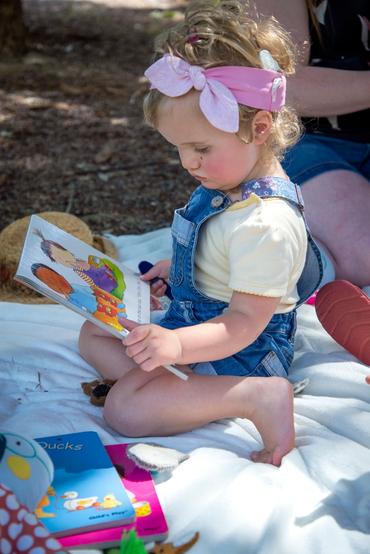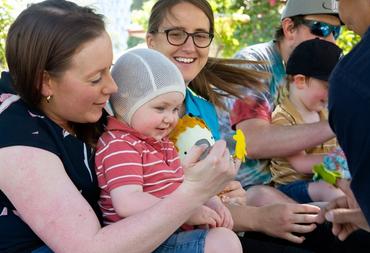The Importance of Rich Childhood Experiences.
When families and communities collaborate in positive ways, a deaf child's capacity to achieve their learning potential is significantly enhanced.

What was this paper about?
Research in the early childhood field has found that deaf children’s language development is greatly influenced by early identification of their hearing loss, followed by fitting of assistive listening devices, such as hearing aids or cochlear implants and commencement in a high-quality family-centred early intervention program, preferably within the first few months of life.
This paper prepared by Dr Elizabeth Levesque highlights the important role parents and caregivers play in ensuring that their young deaf children are provided with the best opportunities to develop to their full potential and gain a strong identity.
What are some of the key points?
- More than 90% of deaf babies are born to hearing parents, most of whom have little to no experience or knowledge of deafness.
- Parents of a newly-diagnosed deaf child can find it challenging to understand the communication needs of their child and to foster interactions that lead to favorable language outcomes.
- A child's early years are a critical time for laying the foundations for learning and forming identity.
"There is strong evidence that a bilingual approach, provides significant benefits for a deaf child’s language and intellectual development at critical stages in their development, irrespective of their degree of hearing loss."
Dr Elizabeth Levesque
- Research has found that a combination of early diagnosis, fitting of assistive listening devices and high-quality family-centered early intervention programs promote positive interactions and active participation and advocacy for their children.
- Compelling evidence supporting a bilingual approach to language acquisition provides significant benefits to deaf children at critical stages in their development- regardless of their degree of hearing loss.
- Families who choose to immerse a very young deaf child in a bilingual environment provide a 'safety net' to gain at least one strong language for future learning.
Where can I read more?
The Importance of Rich Early Childhood Experiences for Deaf and Hard of Hearing Children.
Printable 405 KB PDF



